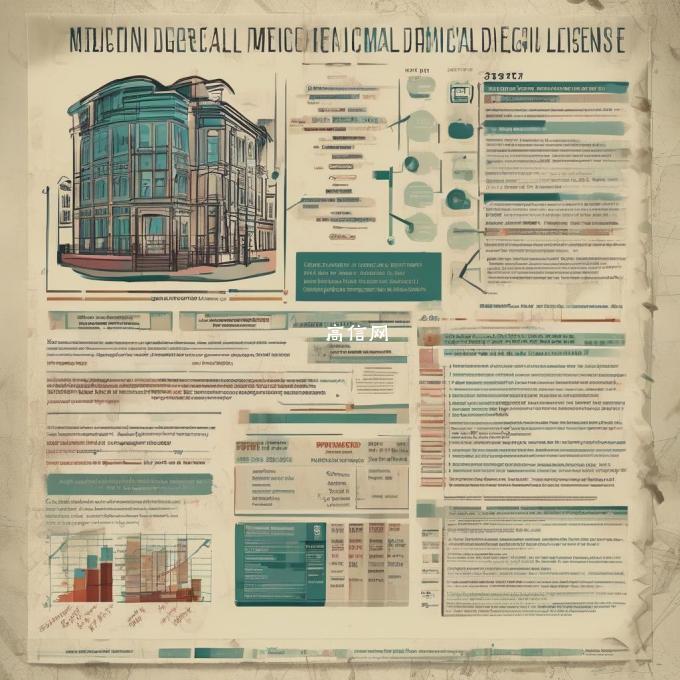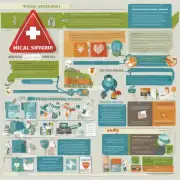What is the difference between a medical degree and a medical license?
左婷婷
我们都在变,我们以为会一向站在原地,其实我们还是错过了些什么
Medical Degree
- A medical degree is a formal program accredited by the Commission on Colleges of Medicine (CCM) or an equivalent accrediting agency.
- The program typically takes 4 to 7 years to complete.
- Medical degrees typically include coursework in basic sciences, clinical sciences, pharmacology, and statistics.
- Medical degrees also typically include clinical rotations, where students gain hands-on experience in a hospital or other healthcare setting.
Medical License
- A medical license is a document issued by a state or other jurisdiction that allows a person to practice medicine.
- To obtain a license, a person must meet certain requirements, which typically include passing a state licensing exam and completing a residency program.
- Medical licenses typically expire every 2 to 5 years.
Key Differences
- Scope of Practice: A medical degree is a broader qualification that allows a person to practice medicine in a variety of settings, while a medical license is a specific authorization to practice medicine in a particular jurisdiction.
- Education Requirements: Medical degrees are typically more comprehensive than medical licenses, covering a wider range of topics.
- Clinical Rotations: Medical degrees typically include clinical rotations, while medical licenses do not.
- Licensing Requirements: Medical licenses typically require passing a state licensing exam, while medical degrees are not typically required for licensure.
In summary:
- A medical degree is a formal program that prepares students for a career in medicine, while a medical license is a document that allows a person to practice medicine in a particular jurisdiction.





